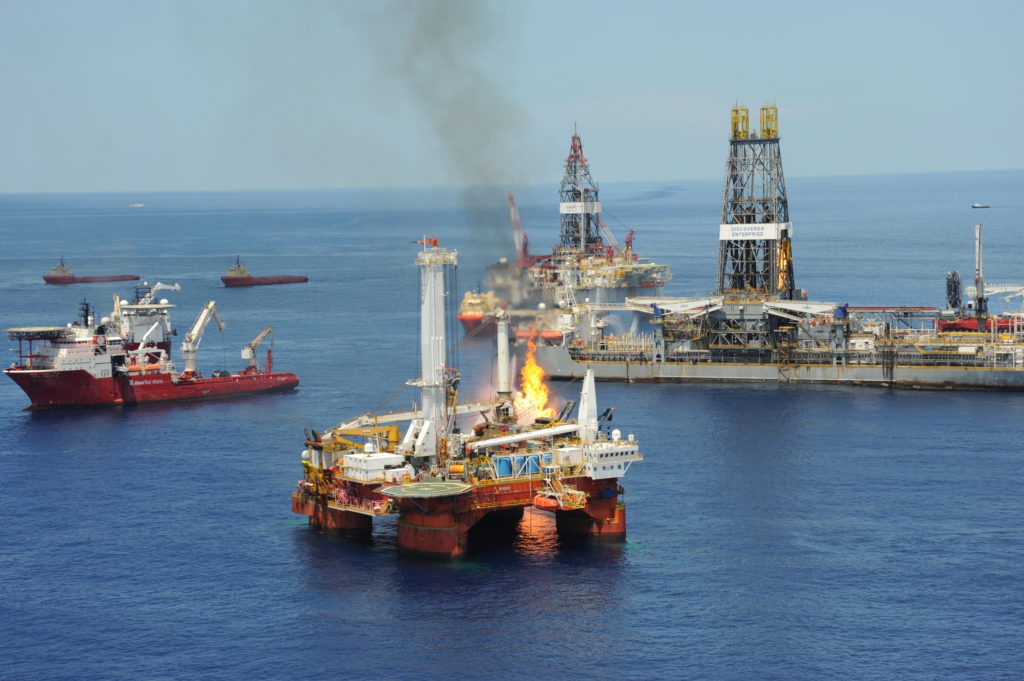An Offshore Injury Poses a Unique Set of Legal Challenges. Here’s How a Houston Based Injury Lawyer Could Help You with Such an Injury.
On the national scale, working as a seaman, a dockworker or even an oil and gas industry employee is a job rife with dangers and risks in rough working conditions. When it comes to the maritime laws governing maritime workers, every case is unique in its situation, the role of the victim, and where the accident took place.
An experienced offshore injury attorney will be able to determine which laws fit your case, so they can pursue the biggest compensation for your injury.
What Is an Offshore Injury?
Before jumping straight to the different types of offshore injury cases, let’s start with covering what actually qualifies as an offshore injury.
In the simplest of terms, an offshore injury is one that happens in a variety of water bodies. Think of the multitude of places on the U.S. coast, waterways, or even on the high sea.
Generally, victims of offshore injuries will get injured (or die) on oil rigs, harbors, ships, docks, or any other sort of maritime vessels.
In addition, these injuries can be sustained due to a plethora of neglectful acts. For instance, things like poorly maintained equipment, reckless behavior, supervisor error, dangerous weather conditions, and malicious actions can all lead to an offshore injury.
These injuries can range from broken bones and burns, to head injuries, served limbs and death.
Under the maritime common law, you may receive compensation to cover your medical bills and a small part of your living expenses. Yet, it’s barely a drop in the bucket due to the life style change, disability and how it affects your daily function, this directly affects how much you can recover by filing a personal injury lawsuit for better results.
The Outer Continental Shelf Lands Act
The Outer Continental Shelf Lands Act (OCSLA) was established to fill in the gaps left by the Jones Act and the LHWCA.
The act covers “all submerged lands lying seaward of State coastal waters (3 miles offshore) which are under U.S. jurisdiction.” Therefore, the act covers all workers on an outer continental shelf, like:
• Harbor workers
• Ship repairers
• Longshoremen on floating docks
• Oil rig workers
• Workers servicing offshore wind energy turbines
Moreover, if your case is considered under the OCSLA, then you might receive compensation to cover medical treatment for your injury, rehabilitation expenses, and even disability payments.
Call us to seek guidance of our experts:
Fill out our Contact Form or Call 1-888-984-1252 for a Free Consult at Zehl & Associates Injury & Accident Lawyers. We have team of expert offshore injury attorneys. They can help you to file claim against the responsible party and to get better compensation for your injuries and damages.

 2018 ·
2018 ·
Leave a Reply